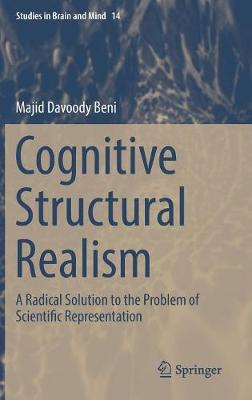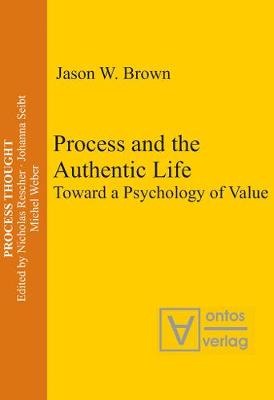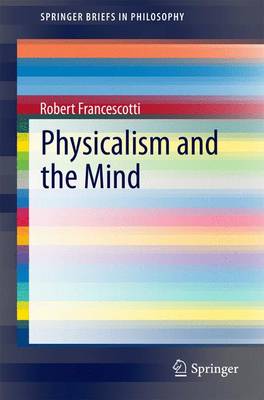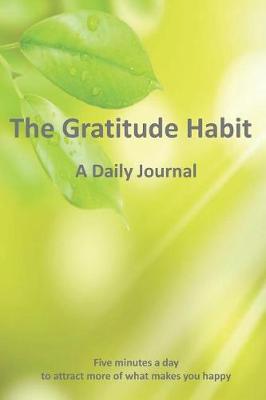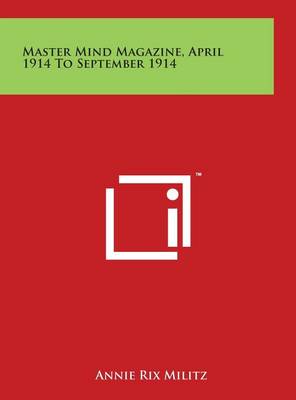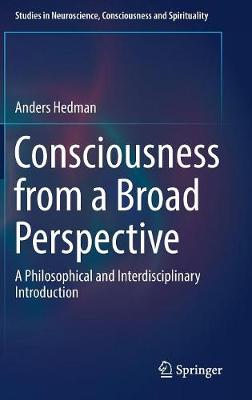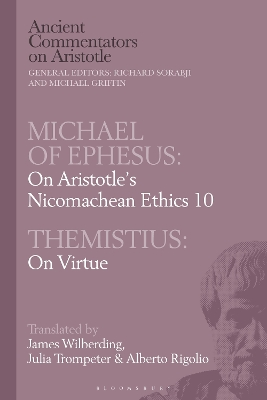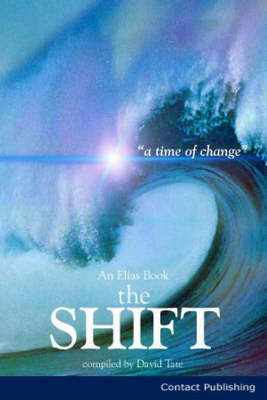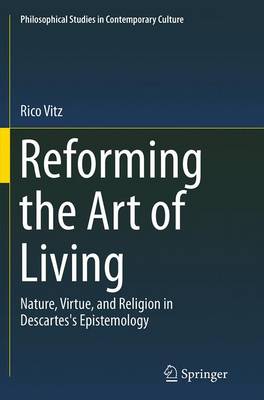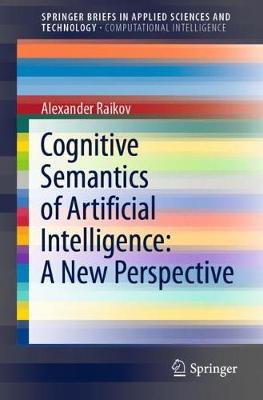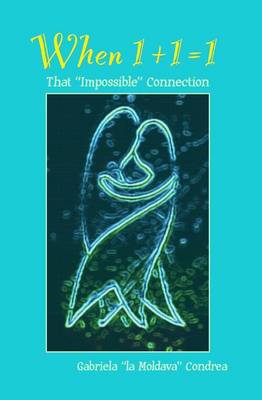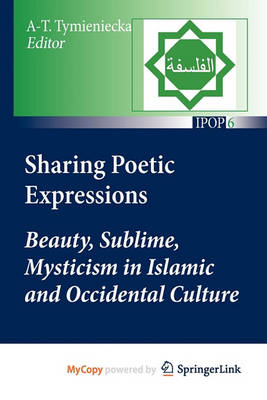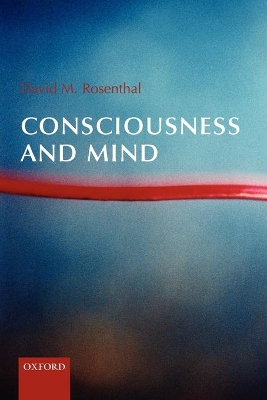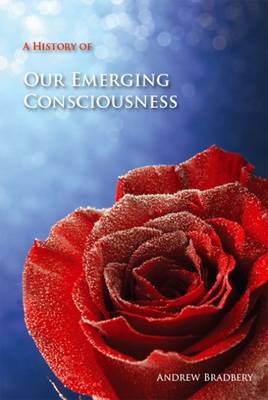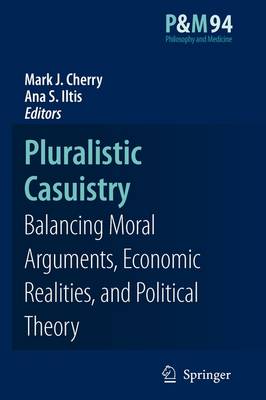Cognitive Structural Realism (Studies in Brain and Mind, #14)
by Majid Davoody Beni
In this book, the author develops a new form of structural realism and deals with the problem of representation. The work combines two distinguished developments of the Semantic View of Theories, namely Structural Realism (SR), a flourishing theory from contemporary philosophy of science, and Ronald Giere and colleagues' Cognitive Models of Science approach (CMSA). Readers will see how replacing the model-theoretic structures that are at issue in SR with connectionist networks and activations p...
Homo Sapiens, A Problematic Species examines how Western culture has understood and continues to understand what it is to be human. This book features reflections on mythical thought and its logic and contrasts it to the Western conception of man as expressed in philosophy from antiquity to the twentieth century, its main sources being Christianity and the idealistic tenet in antique Greek philosophy. The author stresses the necessity to break away from a religious and metaphysical perception of...
The thesis advanced in this book is that feeling and cognition actualize through a process that originates in older brain formations and develops outward through limbic and cortical fields through the self-concept and private space into (as) the world. An iteration of this transition deposits acts, objects, feelings and utterances. Value is a mode of conceptual feeling that depends on the dominant phase in this transition: from desire through interest to object worth. Among the topics covered ar...
This book addresses a tightly knit cluster of questions in the philosophy of mind. There is the question: Are mental properties identical with physical properties? An affirmative answer would seem to secure the truth of physicalism regarding the mind, i.e., the belief that all mental phenomena obtain solely in virtue of physical phenomena. If the answer is negative, then the question arises: Can this solely in virtue of relation be understood as some kind of dependence short of identity? And ans...
The Guests at the Gate (American Poets Continuum, #74)
by Anthony Piccione
The Gratitude Habit - A Daily Journal (Habit Journals, #1)
by To Paper Publishing
Master Mind Magazine, April 1914 To September 1914
by Annie Rix Militz
This volume offers an introduction to consciousness research within philosophy, psychology and neuroscience, from a philosophical perspective and with an emphasis on the history of ideas and core concepts. The book begins by examining consciousness as a modern mystery. Thereafter, the book introduces philosophy of mind and the mind-body problem, and proceeds to explore psychological, philosophical and neuroscientific approaches to mind and consciousness. The book then presents a discussion of my...
The two texts translated in this volume of the Ancient Commentators on Aristotle series both compare the happiness of the practical life, which is subject to the hazards of fortune, with the happiness of the life of philosophical contemplation, which is subject to fewer needs. The first is Michael of Ephesus' 12th-century commentary on Book 10 of Aristotle's Nicomachean Ethics, written (alongside his commentaries on Books 5 and 9) to fill gaps in the Neoplatonists' commentaries from the 6th c...
Im Alltag sind wir oft davon überzeugt, verschiedene Handlungsmöglichkeiten zu haben und uns „frei“ für eine der Möglichkeiten entscheiden zu können. Dagegen wird von Vertretern der Hirnforschung der freie Wille als Irrglaube deklariert. Unser Verhalten beruhe auf Gehirnfunktionen, die ihrerseits durch unsere genetische Ausstattung und unsere Umwelterfahrungen geprägt sind. In diesem essential wird argumentiert, dass ein freier Wille nicht gegen Naturgesetze verstößt und dass die Determinierthei...
Carl Hauptmann, Erzahlungen Und Epische Fragmente Aus Dem Nachlass (Textband)
Reforming the Art of Living (Philosophical Studies in Contemporary Culture, #24)
by Rico Vitz
Descartes's concern with the proper method of belief formation is evident in the titles of his works-e.g., The Search after Truth, The Rules for the Direction of the Mind and The Discourse on Method of rightly conducting one's reason and seeking the truth in the sciences. It is most apparent, however, in his famous discussions, both in the Meditations and in the Principles, of one particularly noteworthy source of our doxastic errors-namely, the misuse of one's will. What is not widely recognize...
This book addresses the issue of cognitive semantics' aspects that cannot be represented by traditional digital and logical means. The problem of creating cognitive semantics can be resolved in an indirect way. The electromagnetic waves, quantum fields, beam of light, chaos control, relativistic theory, cosmic string recognition, category theory, group theory, and so on can be used for this aim. Since the term artificial intelligence (AI) appeared, various versions of logic have been created; ma...
Consciousness and Mind presents David Rosenthal's influential work on the nature of consciousness. Central to that work is Rosenthal's higher-order-thought theory of consciousness, according to which a sensation, thought, or other mental state is conscious if one has a higher-order thought (HOT) that one is in that state. The first four essays develop various aspects of that theory. The next three essays present Rosenthal's homomorphism theory of mental qualities and qualitative consci...
Pluralistic Casuistry (Philosophy and Medicine, #94)
This volume presents a sustained philosophical analysis of Brody's contributions to biomedical ethics. The book combines methodological, philosophical considerations with applied chapters, and each contributor carefully and critically explores Brody's writings in biomedical ethics and the philosophy of medicine. The volume includes a response by Baruch Brody that critically engages the contributions to the volume.
